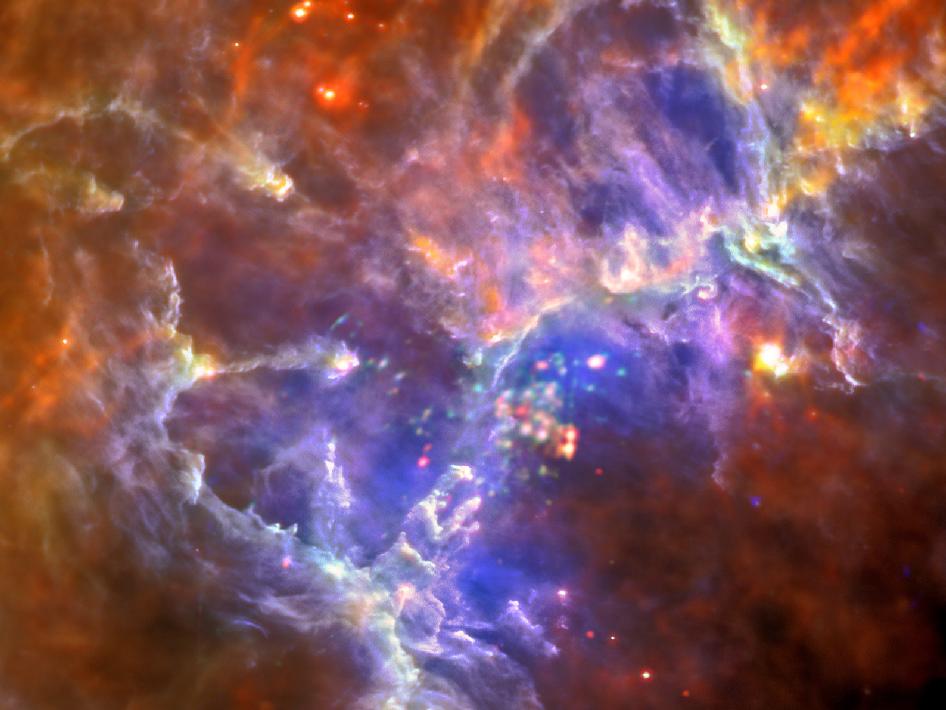
Last time we talked about clinical death. As we discussed earlier, clinical death is the cessation of bodily function such as blood flow and brain activity.
But that definition had some limitations such as identity of self , what happens to the person when the person is dead. Clinically the question is moot because ,after death a person does not exist.
Now lets talk about religious views on death
Disclaimer: I am no expert on religious studies and if you feel my representations are not up to the mark, feel free to correct me. This is just a discussion on death so be cool 🙂
Hindu View on death
Hindu’s believe in the concept of No death. As per hindu belief clinical death is nothing but a change of body by the soul. Hindu tradition describes a person as the soul and not the body. When the body stops functioning the soul can have two fates :
Rebirth, the person is born as a new being ,it could be a human,plant or animal or any other living being in any realm .The soul keeps on repeating this cycle until it realizes its true purpose.We will not discuss the purpose as it is a very different discussion
Moksha: If the soul has realized its true purpose ,realisation of soul and God , and has done enough good deeds to cancel any bad karma ,the soul gets to get out of the cycle of death and rebirth. The soul gets merged with the source of all knowledge and eternal being. You can call it GOD .It is a state of eternal bliss and is known as Moksha
Death in christianity
Christian view is very different from hindu view. Christianity does not have the concept of rebirth. It has one life,one death phenomenon. When a person dies in the conventional sense, the person is laid to rest in a grave and waits for the judgement day. It is the day when all dead would rise from their graves and wait for their judgement. Judgement can be eternal bliss in heaven or eternal damnation in hell.
Death in Islam:
The belief on death in Islam is very similar to Christianity . It is the day when all believers in Allah are rewarded with heaven while the non believers are punished. Again Self is the soul and not the body
Death in Buddhism
Buddhism like hinduism doesn not believe in concept of judgement day. It also identifies the person as a soul. More specifically it defines it as conciseness. Every being is a speck of conciseness and is connected to everything in this world . Death is defined as the separation of conciseness from the body. It also believes that the conciseness transfers from one body to other ,but, one difference between hindu and buddhist belief is when this transfer happens ,in Hinduism it happens when the person dies while in buddhism it can happen anytime ,even when the person is alive. It is like a candle lighting another
Now christianity and islam have a very definite concept ,that a dead person is dead until resurrected .The person does not exist until resurrected. We will not talk about resurrection but can agree that barring resurrection it is very much like clinical death .
Hinduism and buddhism give something which is radically different from observed phenomenon of clinical death . Concept of soul is much stronger in these belief systems .
Thus we see that all religions at the base do not consider the so-called death as the end or cessation of the person . While Christianity and Islam believe in resurrection on judgement day where the person is brought back from”dead” to be judged, implying that the death of body was not really death , Hinduism and Buddhism give very less importance to the concept of death,they believe in eternal being,every living being is eternal and there is no death .
But this again has two problems
1.Concept of judgement day: This will be out of scope of our discussions because we cannot really talk about something that is neither happening nor happened. Assuming it to be true, it will happen in future
2.Soul: Now what is the soul ,how do we define the soul? If soul is what the person is,the definition of soul is ambiguous.
To be continued–
Leave a Reply